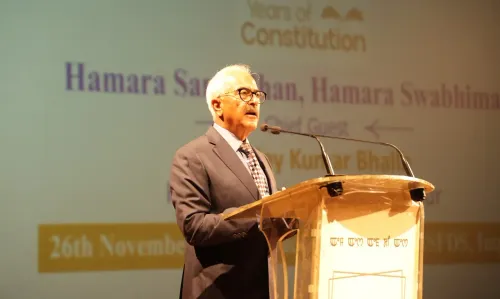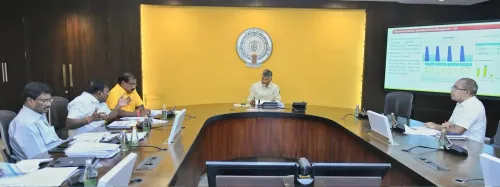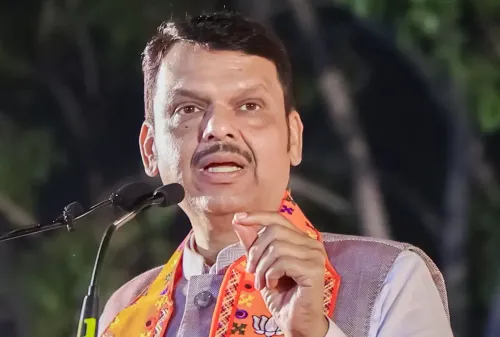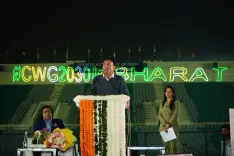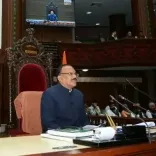Will the Supreme Court Delay the SIR Process in Kerala?

Synopsis
Key Takeaways
- Supreme Court orders ECI and SEC to respond by December 1.
- Concerns raised over administrative challenges during local elections.
- Potential impact on the democratic process highlighted.
- Scheduled hearing on December 2 before local elections.
- Over 1.76 lakh personnel needed for local elections, raising resource concerns.
New Delhi, Nov 26 (NationPress) The Supreme Court has instructed the Election Commission of India (ECI) and the Kerala State Election Commission (SEC) to submit their responses by December 1 regarding requests for postponing the ongoing Special Intensive Revision (SIR) of electoral rolls in Kerala, considering the imminent elections for the Local Self-Government Institutions (LSGIs).
A bench led by Chief Justice of India (CJI) Surya Kant and Justice Joymalya Bagchi issued this directive while addressing petitions from the Kerala government, which seeks to delay the SIR process, alongside petitions from various political groups, including the CPI-M, CPI, and the Indian Union Muslim League, who contest the legitimacy of the ECI's order mandating the intensive revision of the voter list in the state.
In opposition to these petitions, senior attorney Rakesh Dwivedi, representing the ECI, argued that political parties are unnecessarily amplifying concerns over the SIR process.
Dwivedi informed the CJI-led bench that the SIR is proceeding efficiently and is nearing its completion.
“Ninety-nine percent of voters have received enumeration forms, with over 50 percent already digitized,” he stated.
Furthermore, he emphasized that the SIR is being conducted in collaboration with the SEC.
“The SEC and ECI are working together. District-level meetings have been conducted. There is no issue; we require only a minor number of BLOs. If the SEC needs to utilize some officials from our pool, they are welcome to do so,” Dwivedi conveyed to the apex court.
In response, the bench remarked, “It’s merely a matter of a few days.”
Initially, the matter was considered for listing on December 9, but the hearing was rescheduled for December 2 after the petitioners highlighted that local body elections in Kerala commence on December 9 and requested an expedited hearing.
The Kerala government’s plea states that conducting the SIR alongside the local elections, set for December 9 and 11, would “cripple” administrative resources.
“There is a constitutional requirement to complete LSGI elections by December 21. Simultaneously managing the SIR will severely strain resources,” asserted the state government, referencing statutory mandates under the Kerala Panchayat Raj Act, 1994 and the Kerala Municipality Act, 1994.
The petition indicates that over 1.76 lakh government and quasi-government personnel, along with 68,000 security staff, are needed for the local body elections, while the SIR requires an additional 25,668 officials, primarily from the same limited pool.
The state government contended that hastening the verification process “during constitutional elections undermines the democratic right to vote,” particularly with Assembly elections approaching in May 2026.
The Kerala High Court had previously refrained from adjudicating on this matter, noting that similar challenges to SIR processes in Bihar, Tamil Nadu, and West Bengal are still pending before the Supreme Court.
The petitions will be reviewed on December 2, following the submission of affidavits by the ECI and SEC.

